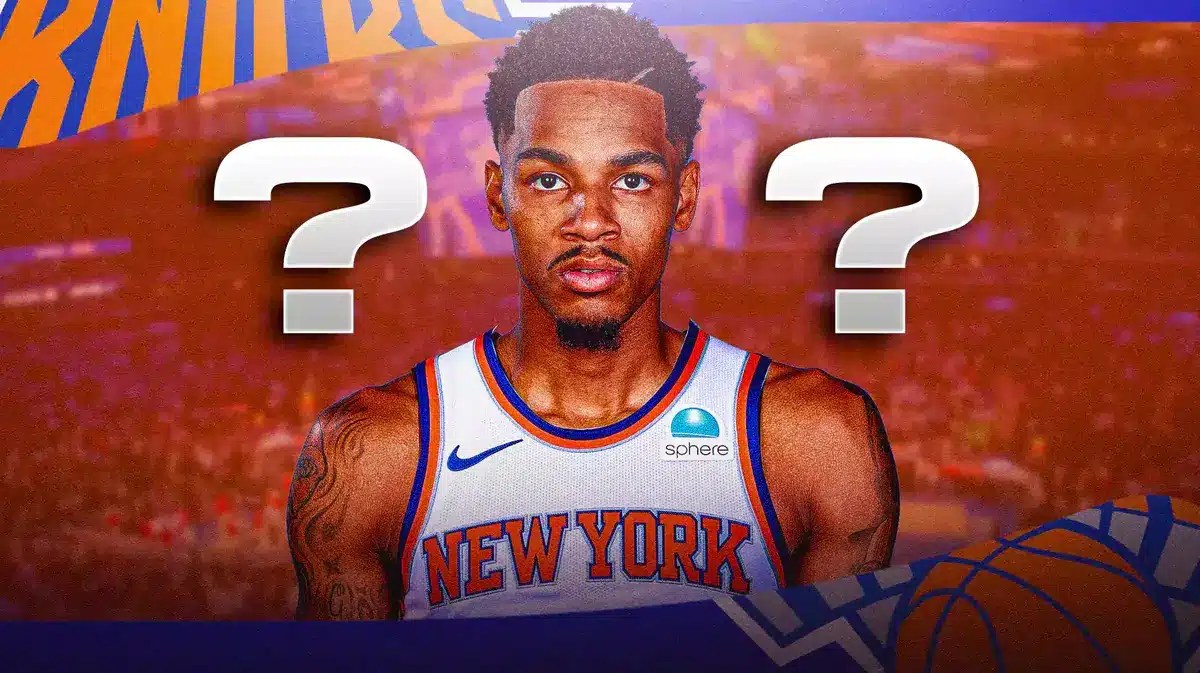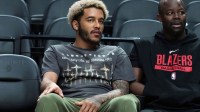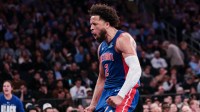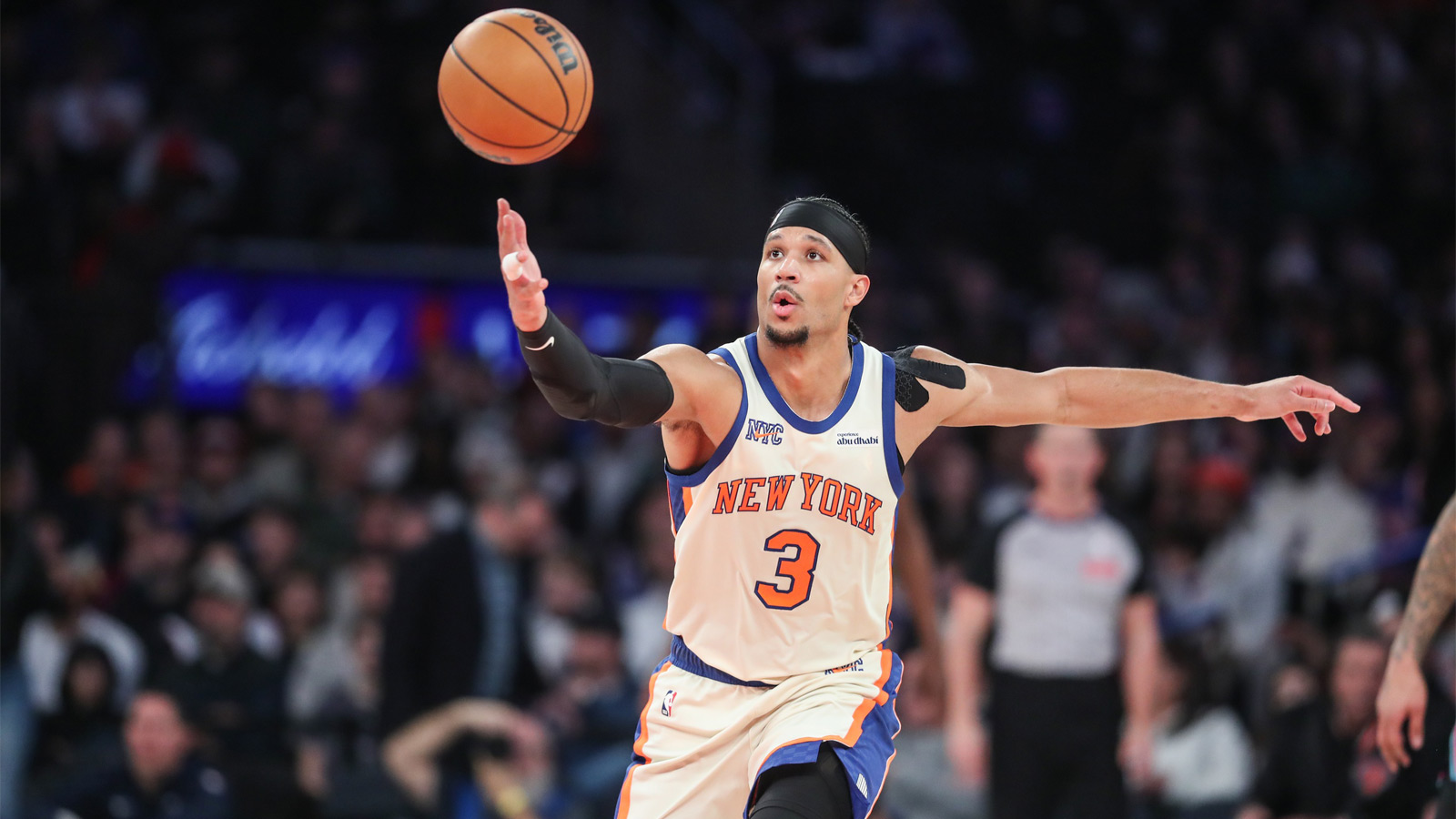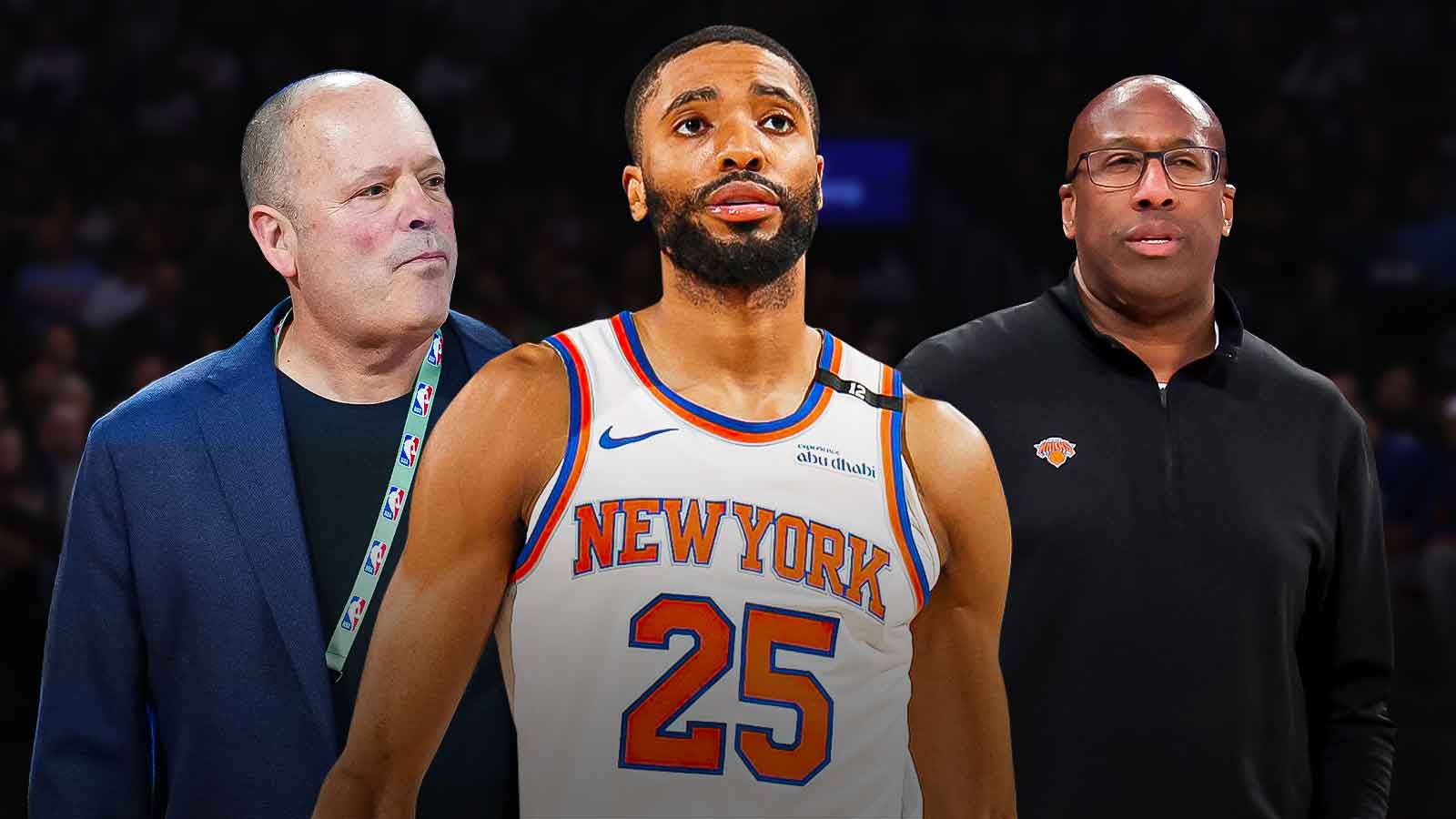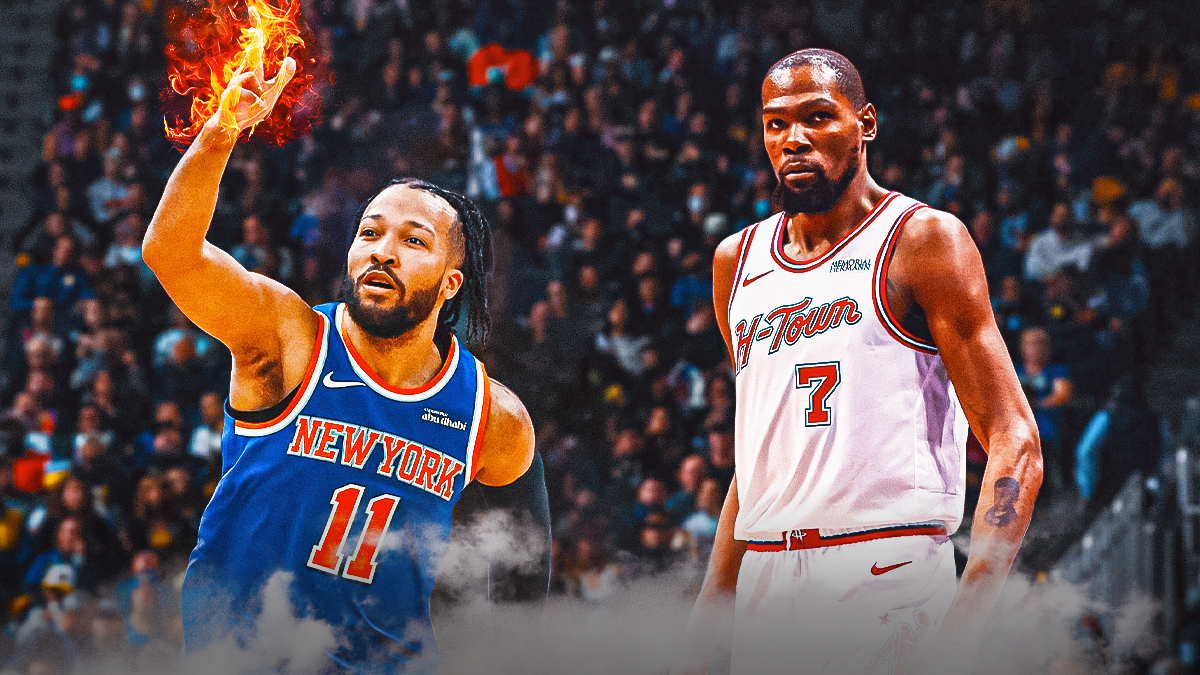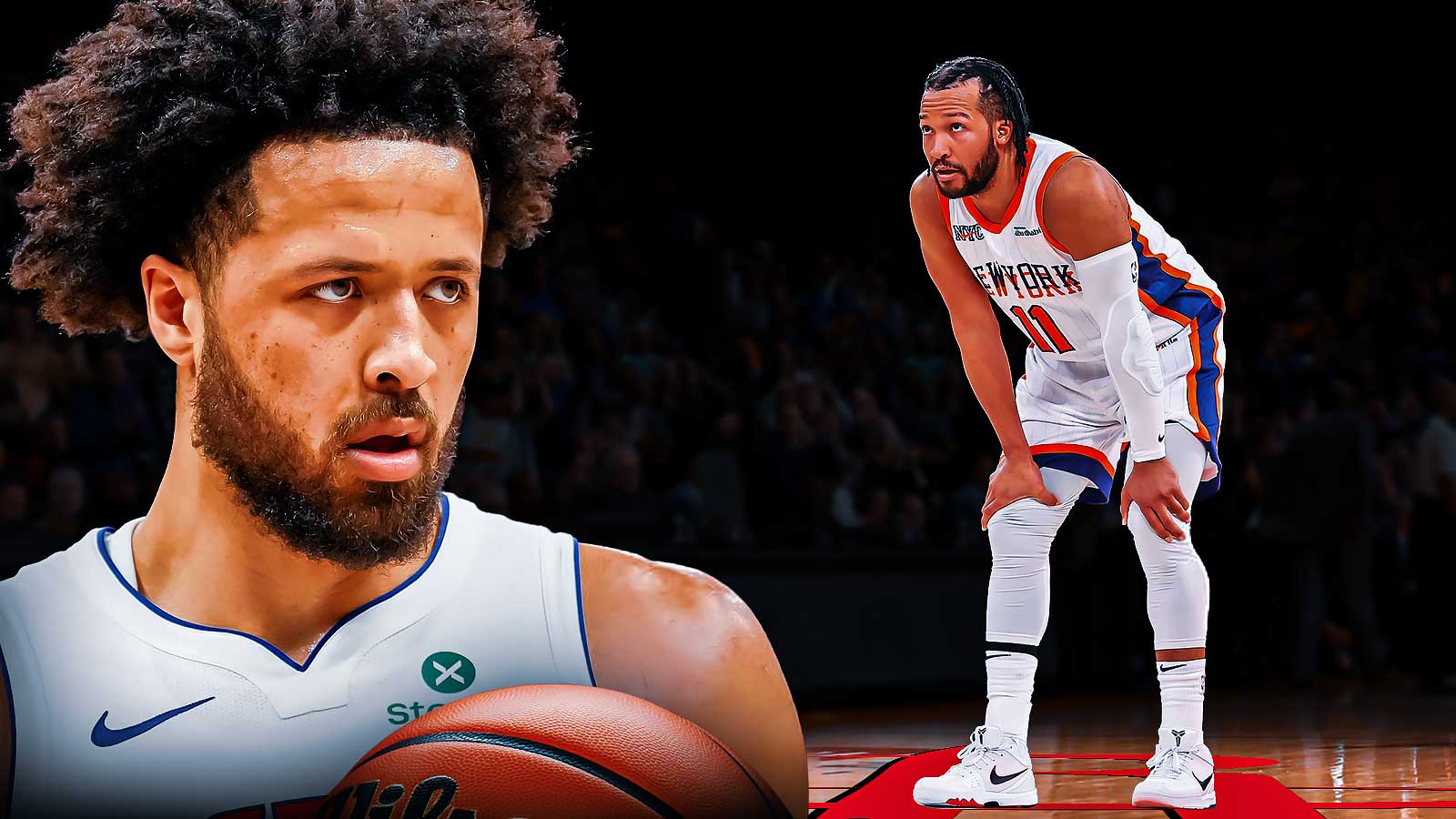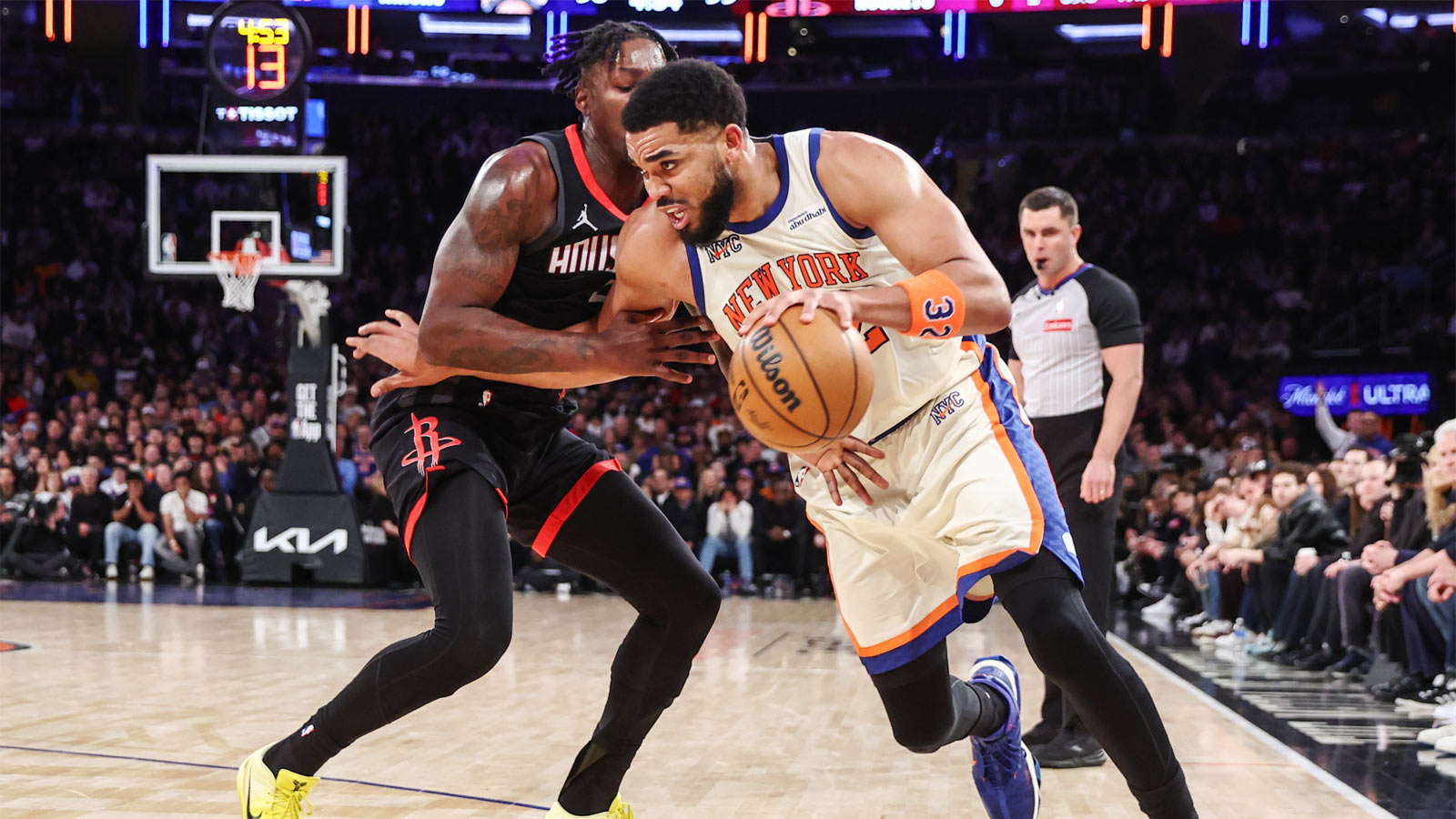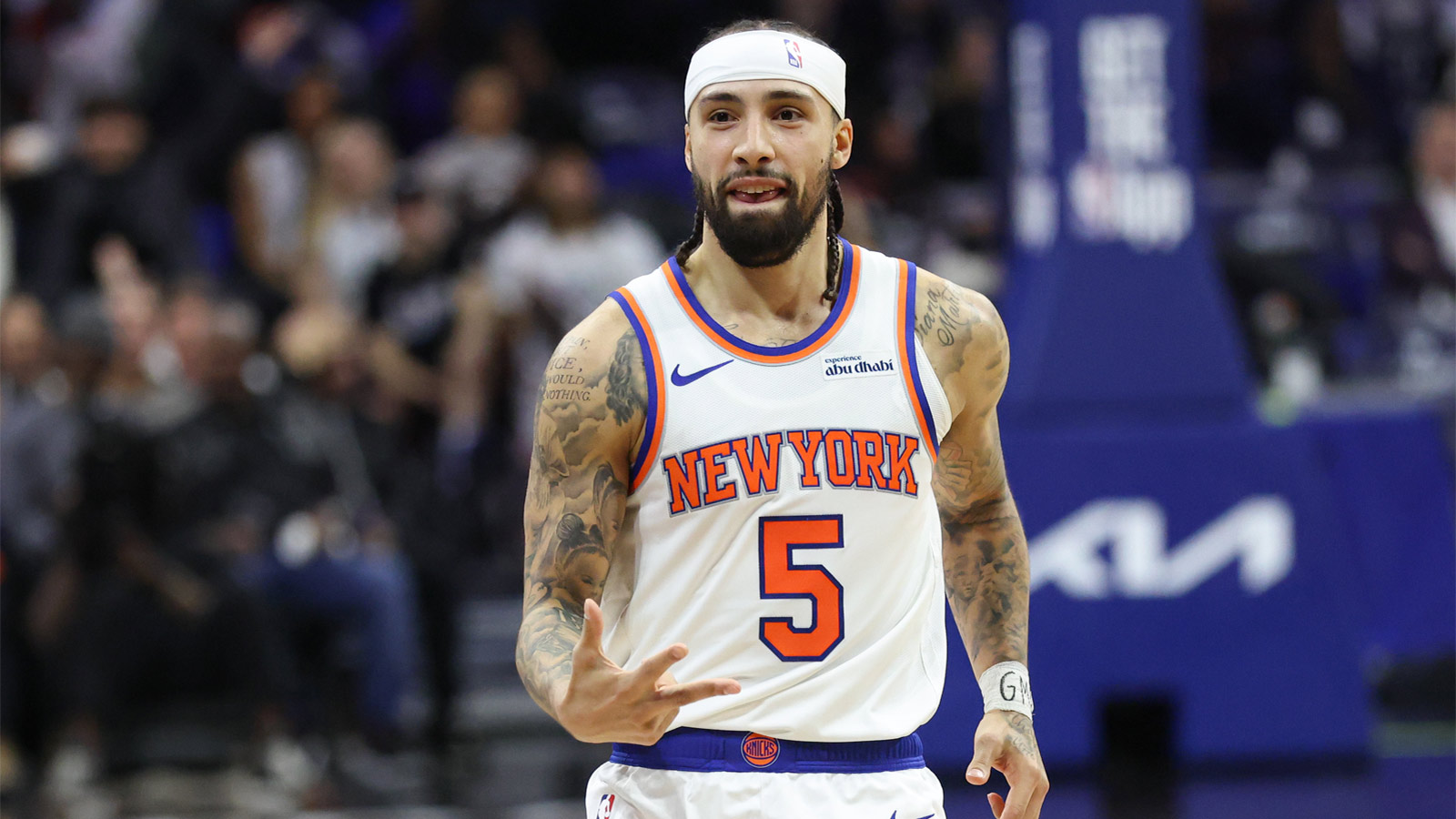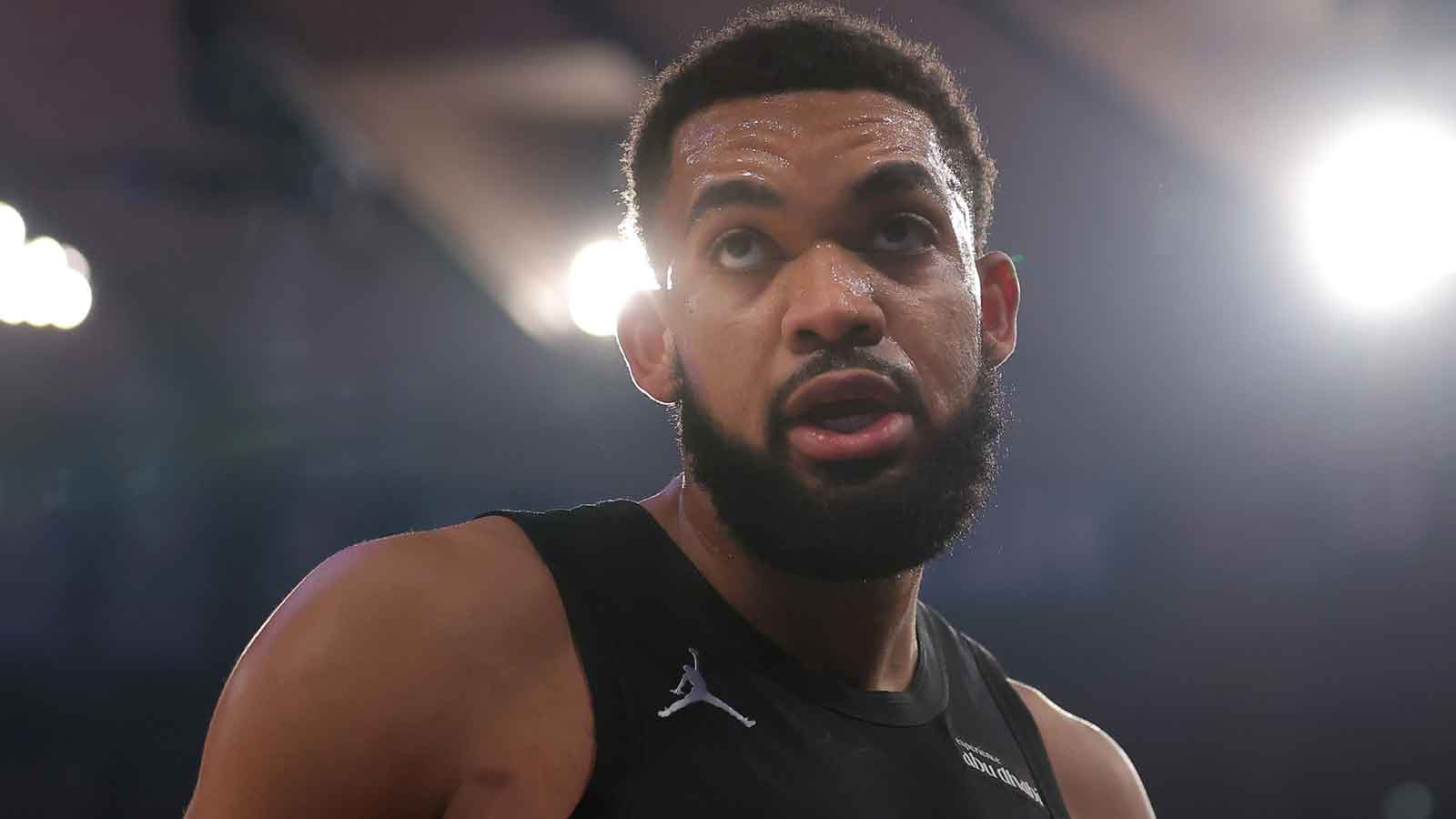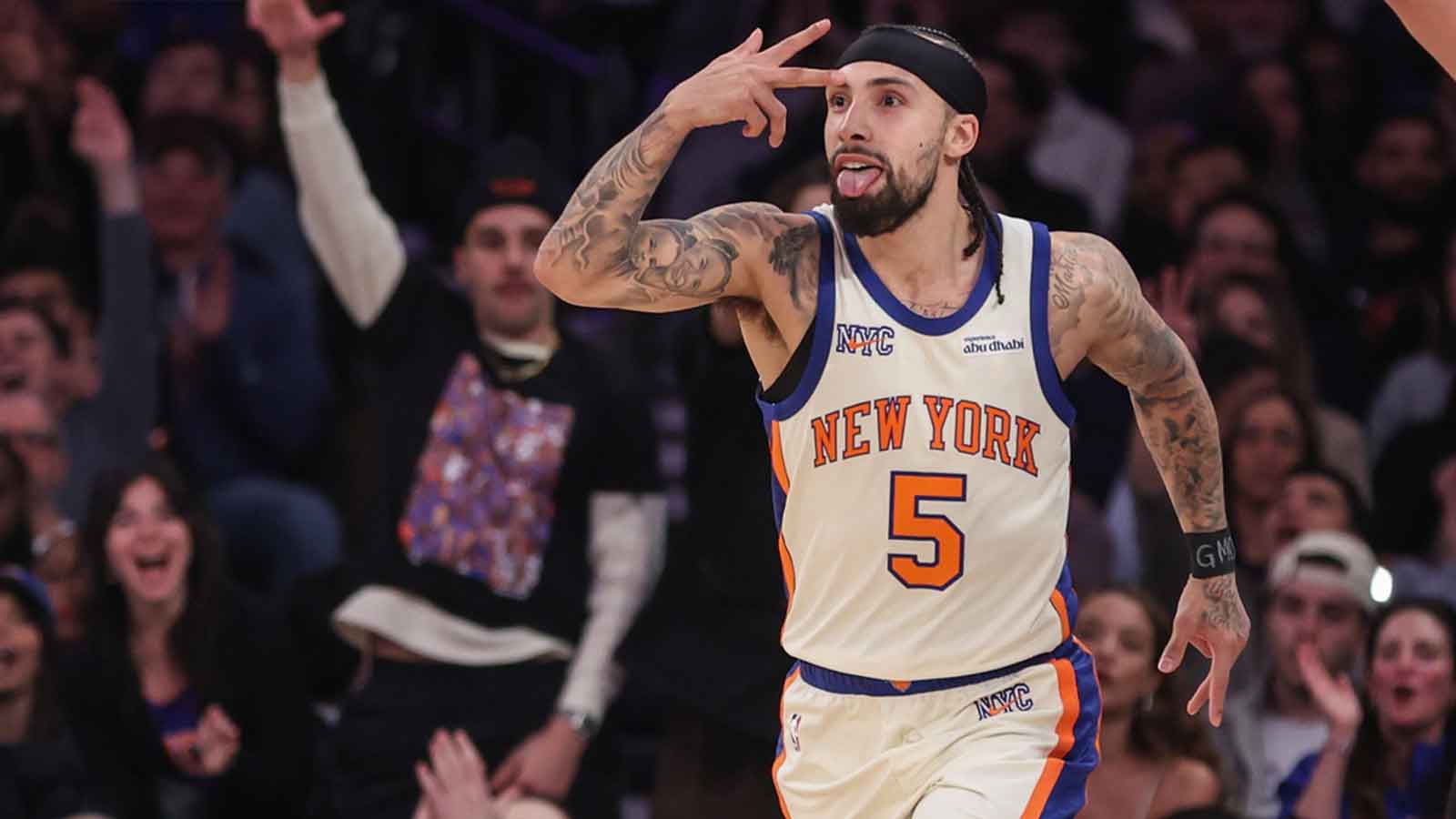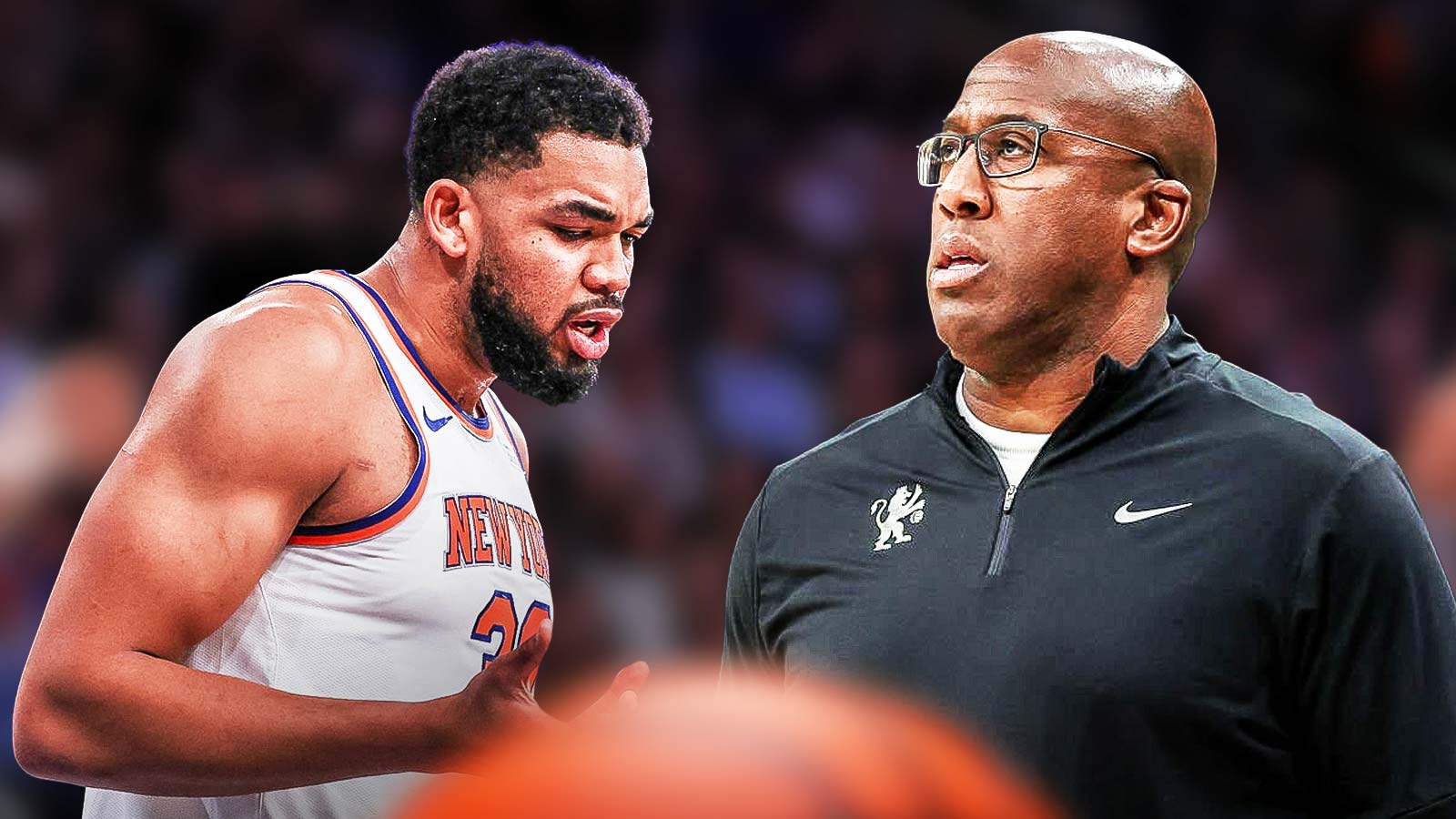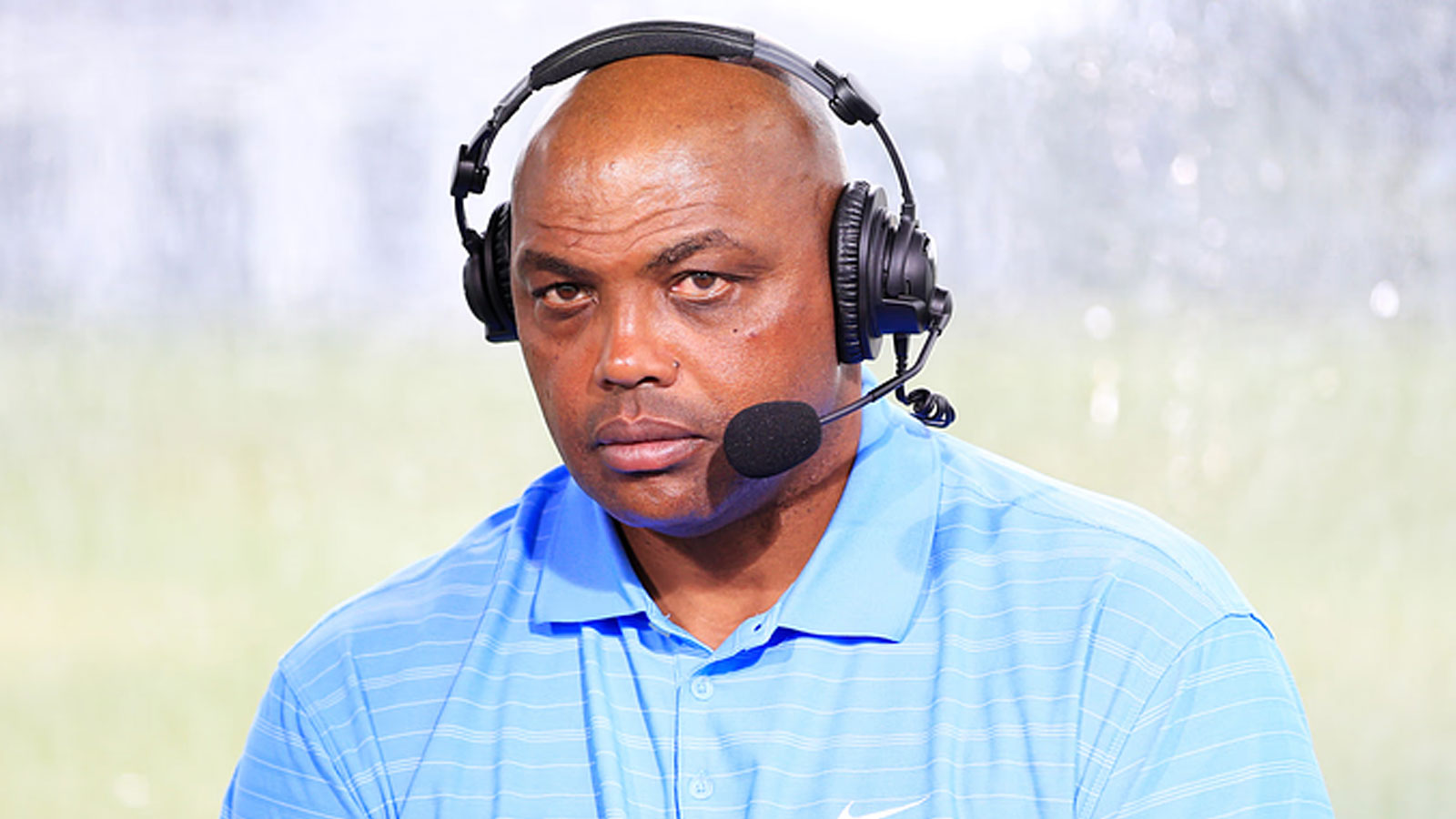A lot of people around the NBA were perplexed by the Atlanta Hawks-Dejounte Murray trade. It was a big gamble on two lead guards sharing a backcourt. In a vacuum, the idea of two creators makes a lot of sense. But in reality, only one can be the true floor general. And it’s probably created more problems than it’s solved.
So, while Murray’s defensive prowess has improved the Hawks’ defensive versatility — although not necessarily output, but more on that later — confusion on the offensive end has increased, too.
How have the Hawks fared with Dejounte Murray?
And that’s abundantly clear when looking at records. The Hawks are presently 14-19, which would barely qualify them for the last spot (10th) in the play-in tournament, if the season ended today. Last season — Murray’s first in Atlanta — they went 41-41, and were eliminated in the first round of the playoffs. The year prior, the Hawks were 43-39, and they were eliminated in the first-round of the playoffs. And the year before that, they were 41-31, and they reached the Eastern Conference Finals. To summarize, there has been a steady and documentable digression.
But defensive versatility and outcomes are not the same thing. In fact, Murray hasn’t consistently improved the Hawks defensive too much, at last according to defensive rating. They were ranked 21st in defensive rating in 2020-21. They dropped to 26th in 2021-22, which probably (partially) motivated them to pursue Murray. In Murray’s first season on the Hawks (2022-23), they were only 22nd. And it’s even worse this season, with the Hawks presently posting the fourth-worst defensive rating in the NBA.
Murray on the move?
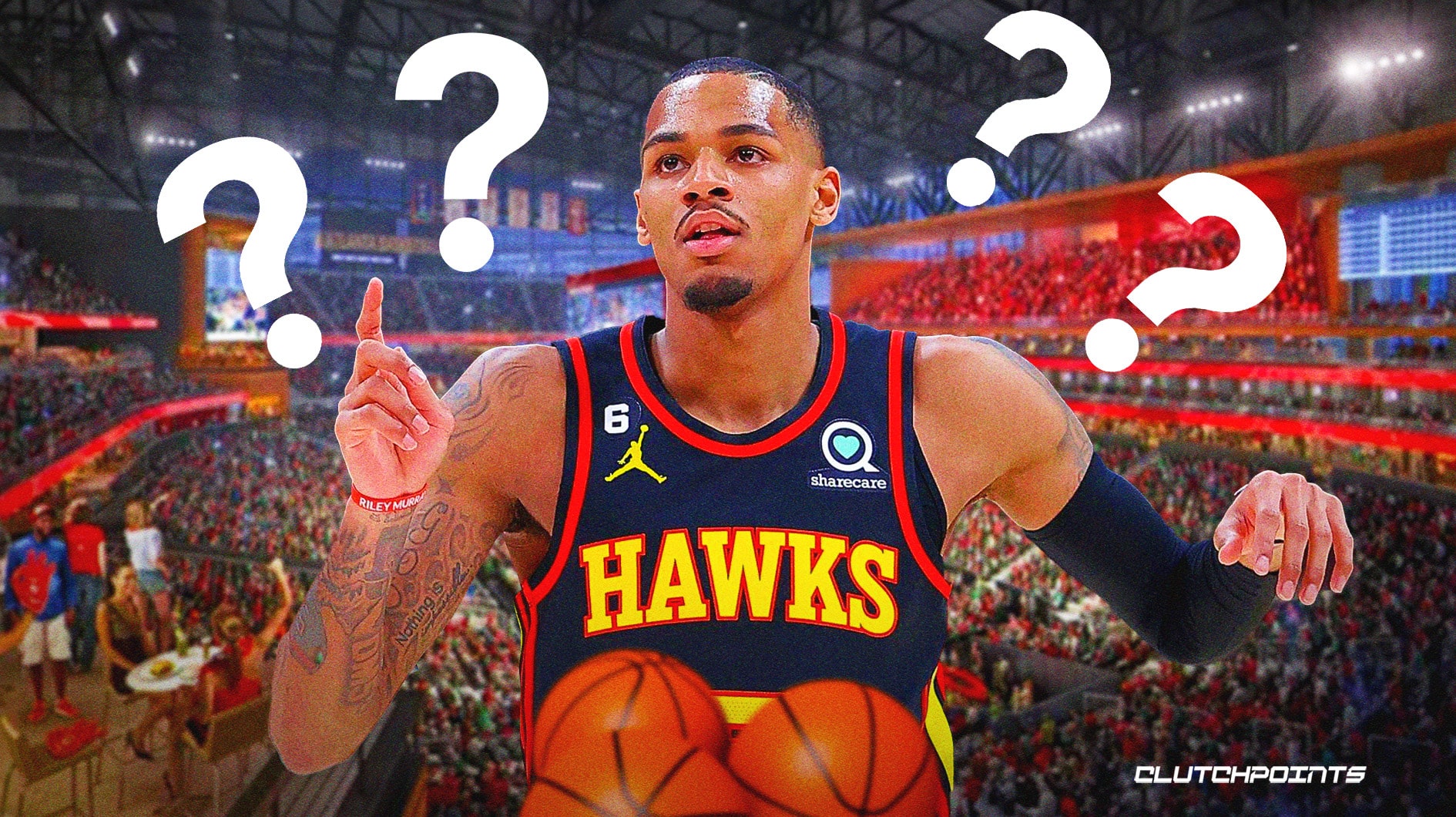
Needless to say, a move could be made, otherwise Atlanta risks their long-term future with Young. And per Yahoo Sports' Jake Fischer, Young is “untouchable”, but Murray is “widely available” to interested teams.
Admittedly, Dejounte Murray’s fit on the New York Knicks is similarly awkward to his fit on Atlanta. In New York, Murray would remain mostly off-the-ball, as Jalen Brunson is undoubtedly the Knicks’ priority, and rightfully so.
So, if Murray is moved to New York, where does he play? It’s unlikely he comes off the bench — although his ability to play lead guard for the second unit would be much appreciated by Coach Tom Thibodeau. But a player of Murray’s caliber is deserving of a starting spot.
The addition of OG Anunoby last week means that the Knicks are set at small forward. But the Knicks do not have a long term solution for shooting guard, which would mean Murray could slide into a similar role to that which he is currently playing in Atlanta.
Dejounte Murray is actually a better-than-advertised shooter. Despite trepidation in adding him amongst Knick fans, he’s connecting on 38.3% of his three-point attempts. What’s more, he’s making 40.5% of his pull up three-pointers and 37.5% of his catch-and-shoot three-point opportunities. He’s even making 36% of his corner-threes.
What if New York adds Murray and it doesn't work?
But the main question the Knicks have to ask themselves has to do with Murray’s value, which is relatively low at the moment. But more importantly than his present value is his future value. Would playing for the Knicks hurt it? If so, they should probably steer clear as they could end up stuck with a depreciating asset. If not — or if it could even increase, which is entirely possible — then much of the risk is eliminated because you can always use Murray as a trade chip for a bigger star like Joel Embiid, to whom the Knicks have been linked in the recent past.
Murray’s 4-year/$120 million contract extension kicks in next season, and it technically runs through 2028. He’ll earn $25.5 million in 2024-25, $27.5 million in 2025-26, $29.5 million in 2026-27, and $31.5 million in 2027-28 — but it’s unlikely he opts in to his final year, for which there is a player option.
Between $25 and $30 million per year is reasonable for a starting shooting guard, especially one of Murray’s caliber. Is Dejounte Murray the ideal fit? Absolutely not. But is he better than most other options. You bet, mainly because the 27 year-old perfectly fit the Knicks’ timeline.
Eventually, the Knicks have to take this kind of a risk. Adding Anunoby was a great start, but it doesn’t solve all the Knicks’ problems — primarily because it cost you Immanuel Quickley. New York still needs another scorer and ball handler. Murray fills both of those needs. And if he doesn’t work out here, he can be re-packaged in the near future. And if they pass on this type of a move now, they’ll end up trying to make a move that costs them all of the assets they would save as soon as this off-season.

